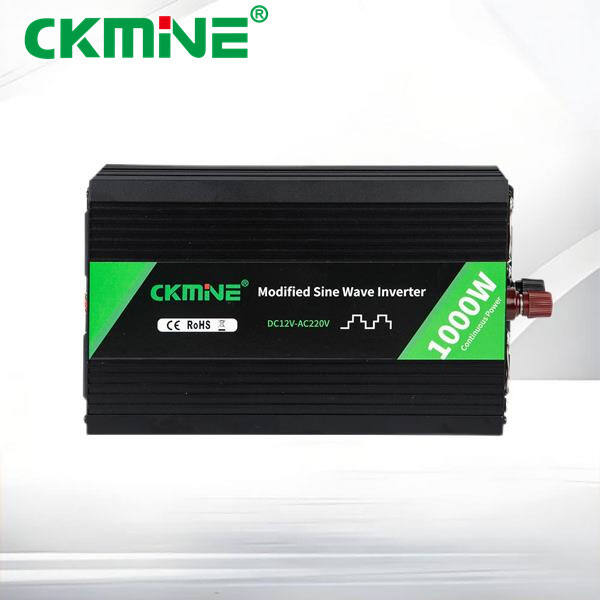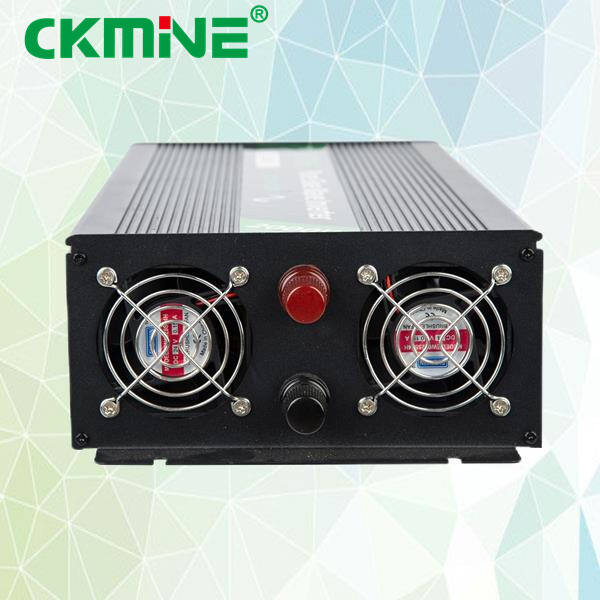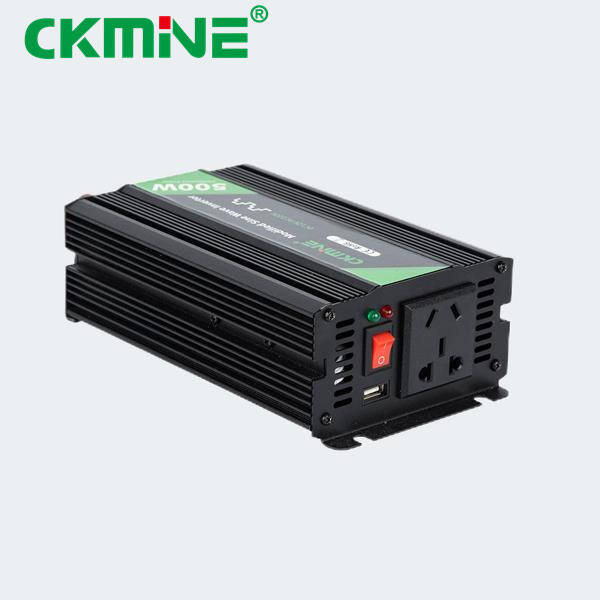Ever wonder how you can power electricity when you're off the grid? And that’s where a 48v inverter comes in! A 48v inverter is a portable electronic device that converts 48-volt direct current (DC) power to standard household AC 120-volt power (though 110v is also acceptable, depending on your converter). You can use that power to charge a lot of electrical devices, from lights and laptops to TVs.
Whether you have a cabin and go to the woods, or have an RV for camping, a 48v inverter is a must-have when it comes to powering your appliances. With no power grid to connect to, the only option is to make your own electricity. You can use power from the batteries or the solar panels to charge or power your favorite gadget and appliance while you're off grid thanks to a 48v inverter.
The other thing to consider is the inverter’s efficiency. The more efficient inverter will waste less in converting the energy, and that translates into money saved. Finally, you should also check how the inverter is equipped with safety functions in order not to harm your devices and batteries.
There are a number of good reasons for using a 48v inverter at home or in your RV. First, you can tap into power wherever you are, even when you’re at work or just enjoying your backyard. A 48v inverter also allows you to take advantage of clean energy from sources such as solar, saving you money and the planet.

Furthermore, a 48v inverter can save you during power outages as it can act as a solution to power all your loads such as lights and devices; when the power goes off, when there is no grid power at all. It’s also excellent for devices that are not battery-powered, such as blenders or coffee makers. You have a lot of possibilities with a 48v inverter!

When you get the correct 48v inverter, you need to install it and maintain it properly for years of use. Firstly you should read the manual that comes with your inverter - if using one – to learn how to safely install and wire it to your batteries / panels. You’ll definitely want to locate the inverter somewhere with convenient, decent airflow so it doesn’t overheat.

To ensure your inverter works at its best, make sure to suspect connectors and damage at regular intervals. You must also be willing to clean the inverter’s fans so that dust won’t accumulate. If you notice any issues with your inverter, consult with a professional to prevent further damage.